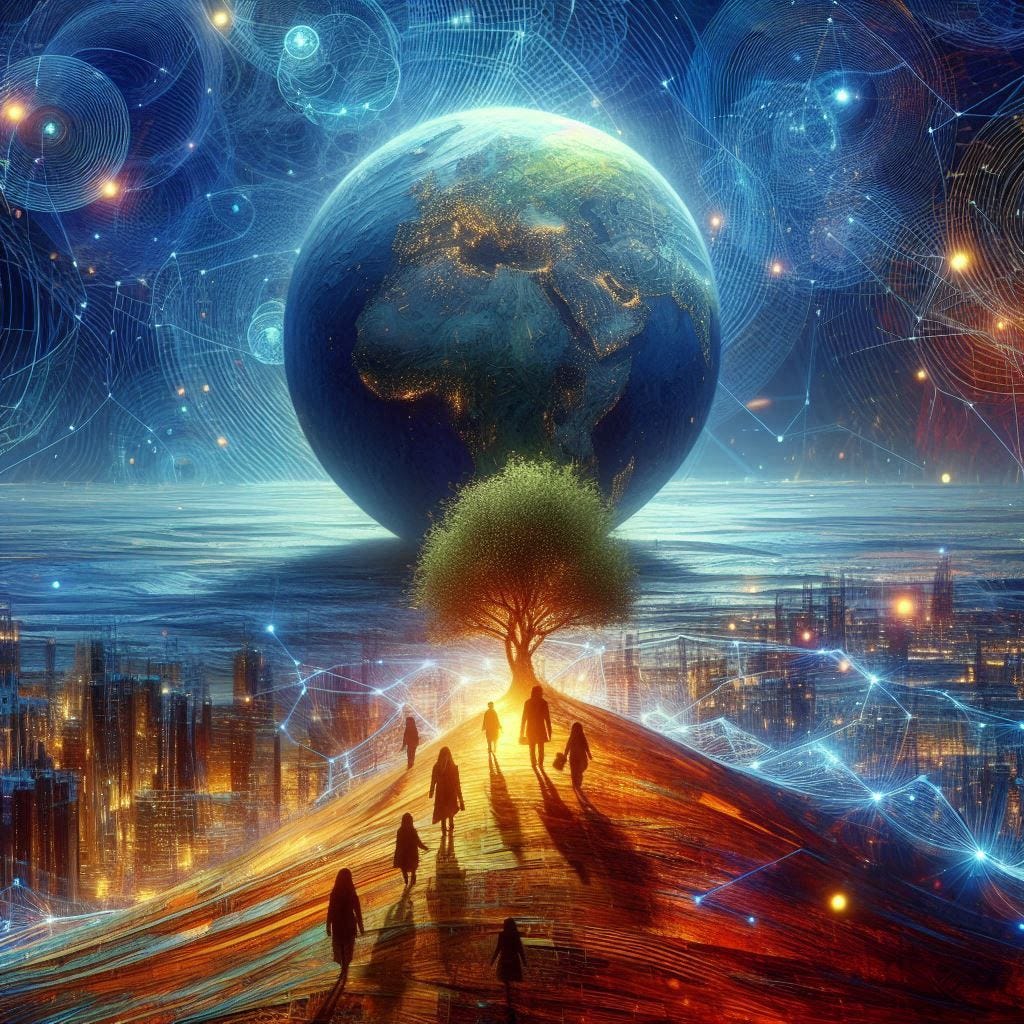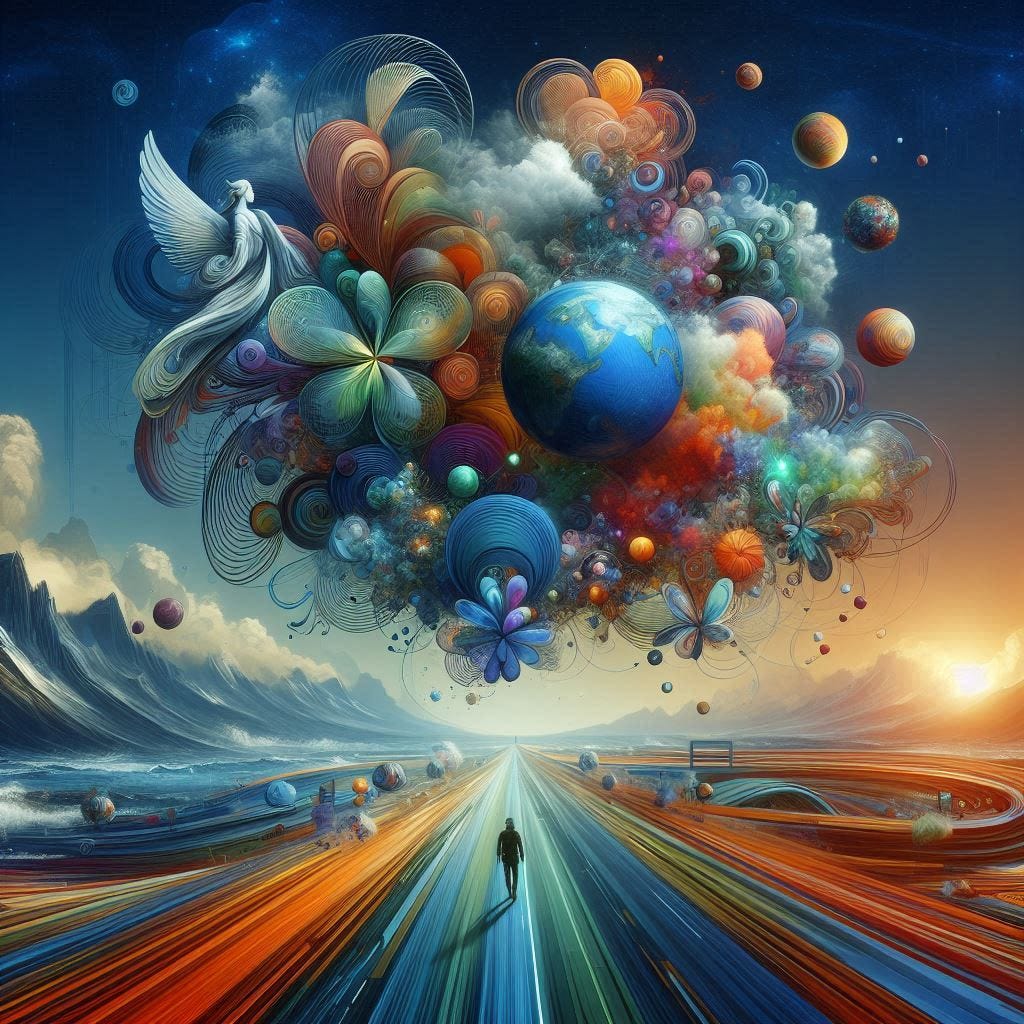The Journey of Imagination
We find ourselves in a world shaped by a dominant culture that often suppresses creativity and diversity. This culture holds a static view, maintaining order and protecting the interests of those in power. Yet, as we reflect on the role of prophetic ministry, we realize the importance of nurturing an alternative consciousness. This consciousness challenges the status quo and opens our eyes to new possibilities.
In nurturing this alternative consciousness, we must first criticize and dismantle the existing order that perpetuates inequality and injustice. This means rejecting and delegitimizing the current systems that uphold these imbalances. At the same time, we must energize ourselves and our communities with the promise of a new and better future. We live in anticipation of the newness that a higher power promises and will surely provide.
Our societal norms and structures are deeply intertwined with our spiritual beliefs. If our understanding of the divine is static and focused only on maintaining the current order, oppression becomes inevitable. However, if we perceive the divine as dynamic, free to act against oppressive regimes and to listen to the cries of the marginalized, then our society will reflect justice and compassion. This dynamic understanding of the divine brings freedom to the brickyards of our lives, manifesting as justice and compassion.
Moses serves as a model for this prophetic role, embodying both a religion of divine freedom and a politics of justice and compassion. This dual approach offers an alternative to the oppressive structures of power. We must recognize that true freedom of the divine is inseparable from the pursuit of justice and compassion. Likewise, our commitment to justice and compassion must be grounded in a faith that celebrates divine freedom.
The prophet's role is not to concern themselves with how a vision will be implemented, but to first imagine it. Our culture excels at implementing almost anything but struggles with imagination. The same mindset that allows for widespread implementation also limits our capacity to dream of alternatives. This is why totalitarian regimes fear artists, who represent the danger of imagination. The prophet’s vocation is to keep the spirit of imagination alive, continuously proposing futures that challenge the singular narrative pushed by those in power.
Our task is to foster a new way of seeing the world that both criticizes the present order and envisions a just and compassionate future. By doing so, we open the door to profound changes in society, grounded in a dynamic understanding of the divine. This journey of imagination and action holds the promise of a more equitable and loving world for all of humanity.





